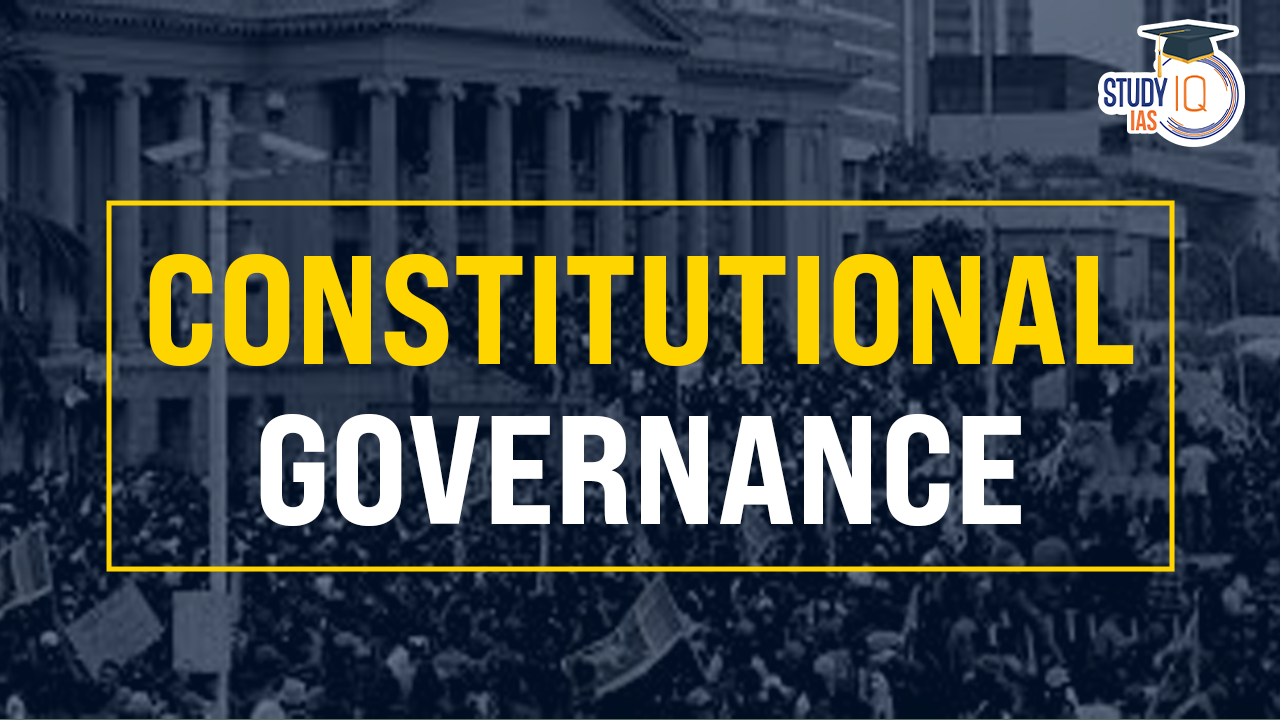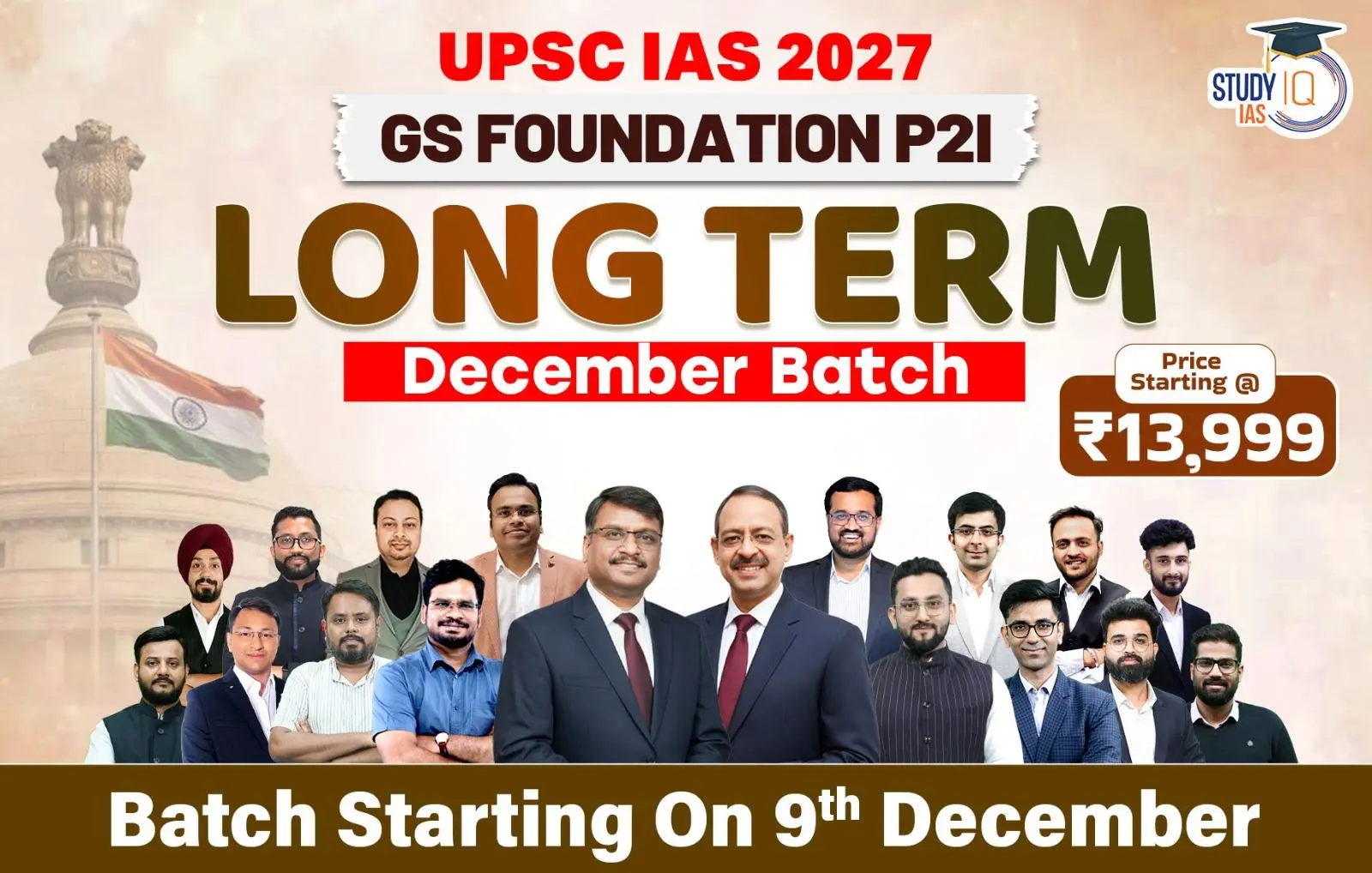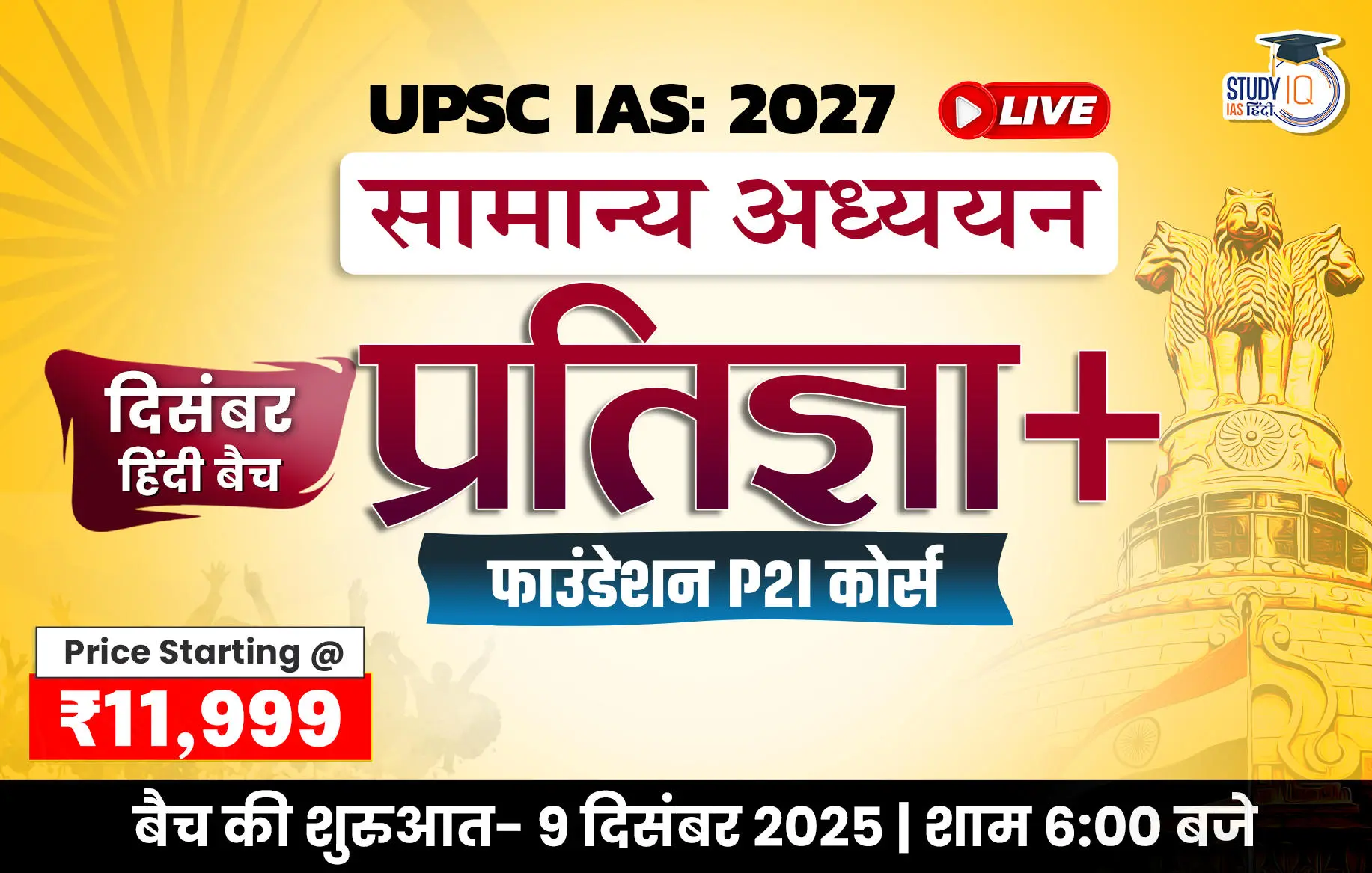Table of Contents
On November 26, 2024, India will commemorate the 75th anniversary of the adoption of its Constitution. The commemoration emphasises the importance of constitutional governance, which is not just about laws, rules, and regulations but also about fostering a constitutional culture that unites Indians across different cultures, faiths, and beliefs.
Background
- The commemoration also serves as a reminder of historical scepticism regarding India’s unity.
- General Claude Auchinleck once remarked on India’s potential fragmentation due to its diversity.
- However, India has successfully forged a national identity rooted in constitutional ideals, proving critics wrong by using its Constitution as a tool for social conscience and political awareness.
Core Constitutional Values that Shaped India’s Democracy
- Respect for Democratic Institutions: Despite expectations of better performance from representatives, Indians continue to respect and participate in the democratic process, recognizing the role of democratic institutions in improving their quality of life.
- People’s Participation in Elections: Since India’s first general elections in 1951-52, Indian voters have consistently participated (nearly 60% of Indians) in large numbers.
- The 2024 general election witnessed a 65.79% voter turnout.
- This reflects the Indian electorate’s continued engagement in the democratic process.
- Improvement in Life Expectancy: Life expectancy in India has risen from around 32 years in 1949 to 70 years (current).
- This reflects the country’s social and economic development, which has deepened people’s respect for democratic institutions.
- People’s Participation in Elections: Since India’s first general elections in 1951-52, Indian voters have consistently participated (nearly 60% of Indians) in large numbers.
- Smooth Transition of Elected Governments
- Political Landscape: Over seven decades, India has experienced numerous elections at both state and national levels, with various political parties and leaders representing diverse ideologies.
- Commitment to Transition: A unique aspect of India’s democracy is the commitment to smooth transitions of power post-elections, highlighting the electorate’s understanding and acceptance of electoral outcomes.
- Upholding Rights and Freedoms
- Fundamental Rights (Article 12 to 35): The Constitution prioritises fundamental rights and establishes courts as custodian/guardians of these rights.
- The framers were deeply aware of state power and committed to protecting individual freedoms.
- The members of the Constituent Assembly were largely associated with the freedom movement, which influenced their approach to safeguarding rights against potential state overreach.
- Fundamental Rights (Article 12 to 35): The Constitution prioritises fundamental rights and establishes courts as custodian/guardians of these rights.
- Federalism as a Constitutional Principle:
- Diversity Recognition: The framers acknowledged India’s vast linguistic and cultural diversity, leading to a federal structure that respects regional identities while promoting national unity.
- Strengthening of Federalism: Over time, India’s federal structure has been bolstered by the rise of strong State-level political parties, which have contributed to coalition governments at both the State and national levels.
- Decentralisation through Panchayati Raj: The 73rd and 74th Constitutional Amendments (1993), which established panchayati raj institutions and urban local bodies which further deepened federalism by empowering local governance.
- Role of Media and Civil Society:
- The Indian media is a diverse and heterogeneous institution with views and perspectives that are generated across India in different languages.
- Further, the transition of print media to broadcast and further innovations in media and technology have democratised access to information and indeed the role of media.
- Civil society organisations have helped in promoting democratic engagement, and their presence has contributed to enlightening and informing the electorate.
- Despite challenges regarding media autonomy, both media and civil society play vital roles in fostering trust in democracy by promoting transparency and informed citizenry.
Conclusion
As India prepares to celebrate 75 years of constitutional governance, it reflects on its achievements in democratic participation, rights protection, federalism, and the role of media—all essential components that contribute to its vibrant democracy.


 SLAPP Suits: Meaning, Examples, Impact o...
SLAPP Suits: Meaning, Examples, Impact o...
 Finance Commission of India, Articles an...
Finance Commission of India, Articles an...
 High Number of Pending Cases in Supreme ...
High Number of Pending Cases in Supreme ...

























